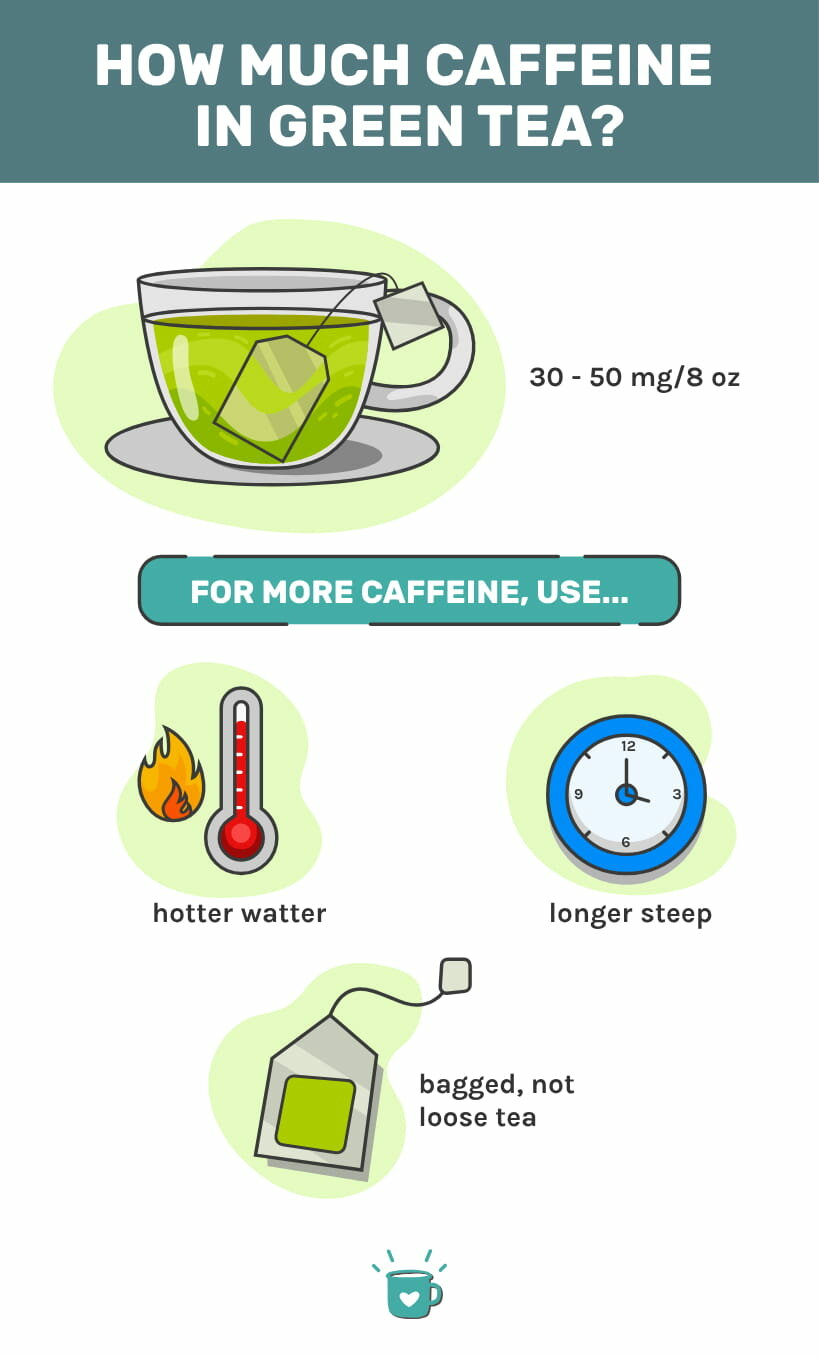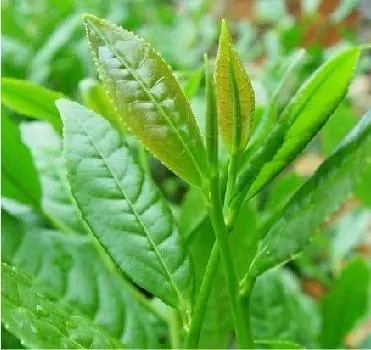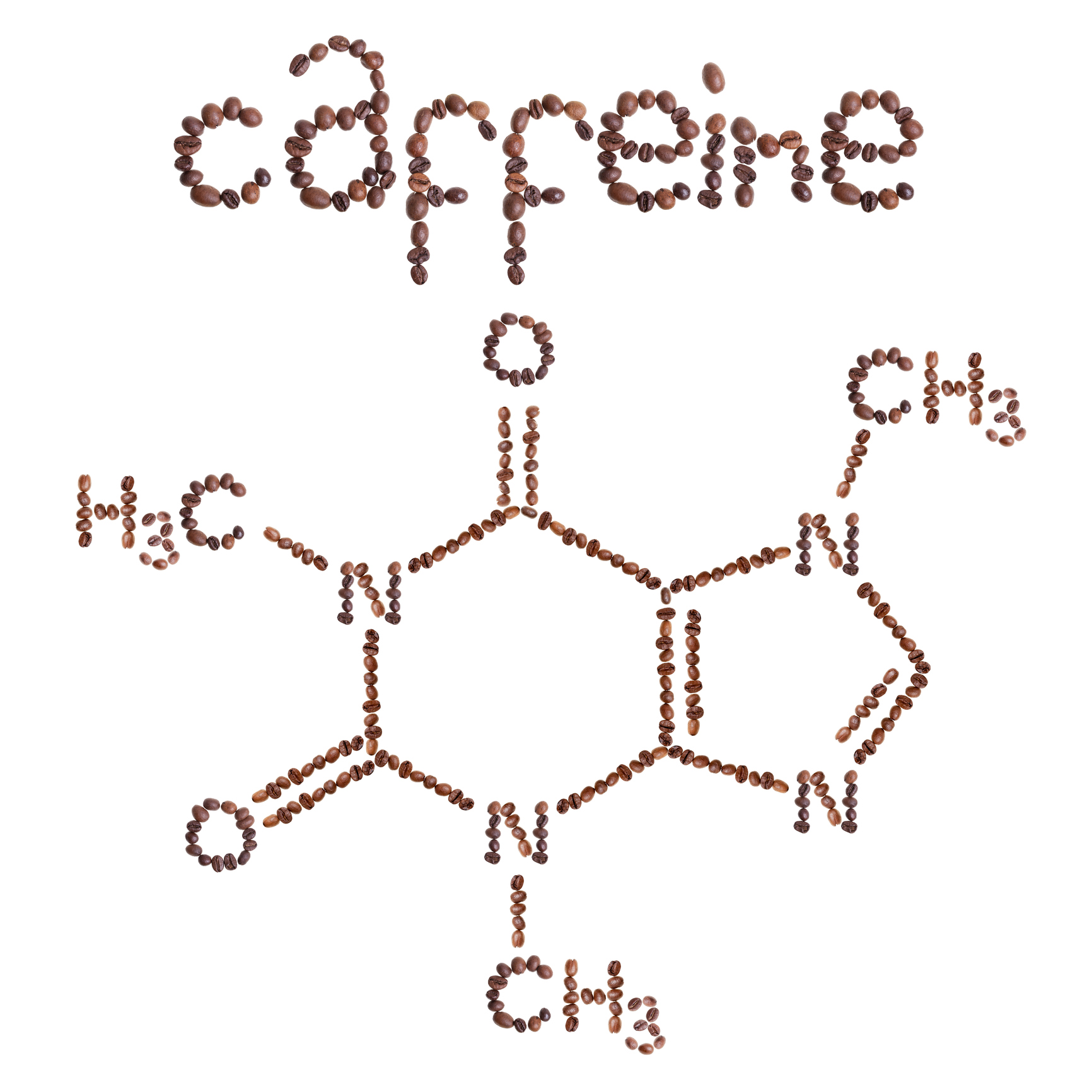Content Menu
● Understanding Green Tea Leaf Extract
● The Caffeine Question
● Caffeine Content in Perspective
● Health Benefits Associated with Green Tea Extract
● Factors Affecting Caffeine Content in Green Tea Extract
● Caffeine-Free Green Tea Extract
● Consumption Considerations
● Research and Future Directions
● Conclusion
Green tea, a beverage that has been cherished for thousands of years, continues to captivate the attention of health enthusiasts and researchers alike. As we delve into the world of green tea leaf extract, one question frequently arises: Does it contain caffeine? This comprehensive exploration will unravel the mysteries surrounding green tea leaf extract and its caffeine content, shedding light on its composition, effects, and potential benefits.

Understanding Green Tea Leaf Extract
Green tea leaf extract is derived from the leaves of Camellia sinensis, the same plant used to produce various types of tea. Unlike other tea varieties, green tea undergoes minimal processing, which helps preserve its natural compounds. The extract is a concentrated form of these beneficial components, often used in dietary supplements and health products.
The main bioactive compounds found in green tea leaf extract include:
1. Catechins: A group of polyphenols, with epigallocatechin gallate (EGCG) being the most abundant and studied.
2. L-theanine: An amino acid known for its relaxing properties.
3. Caffeine: A natural stimulant found in varying amounts.
4. Flavonoids: Compounds with antioxidant properties.
5. Vitamins and minerals: Including vitamin C, B vitamins, and trace minerals.

The Caffeine Question
To answer the central question: Yes, green tea leaf extract does contain caffeine. However, the amount of caffeine can vary significantly depending on several factors:
1. Processing method: The way green tea leaves are processed can affect caffeine content.
2. Extraction technique: Different extraction methods may yield varying caffeine levels.
3. Part of the plant used: Younger leaves and buds typically contain more caffeine.
4. Growing conditions: Factors like soil, climate, and altitude can influence caffeine production in the plant.
Caffeine Content in Perspective
While green tea leaf extract does contain caffeine, it's important to understand its content in relation to other common sources:
1. Green tea extract generally contains less caffeine than coffee.
2. The caffeine content is typically lower than that found in black tea.
3. Compared to energy drinks or caffeine pills, green tea extract provides a more moderate caffeine boost.
It's worth noting that the caffeine in green tea extract works synergistically with other compounds, particularly L-theanine, which can modulate its effects.
The Unique Interplay of Compounds
What sets green tea leaf extract apart is not just its caffeine content, but the unique interplay between caffeine and other bioactive compounds:
1. Caffeine and L-theanine Synergy: L-theanine, an amino acid found almost exclusively in tea, works in harmony with caffeine. This combination is known to promote a state of calm alertness, potentially reducing the jittery effects often associated with caffeine consumption.
2. Catechins and Caffeine: The catechins in green tea, particularly EGCG, may influence how the body processes caffeine, potentially prolonging its effects while mitigating some of the negative side effects.
3. Antioxidant Properties: The combination of caffeine and catechins contributes to the potent antioxidant properties of green tea extract, which may offer various health benefits.
Health Benefits Associated with Green Tea Extract
The presence of caffeine in green tea extract contributes to several potential health benefits:
1. Cognitive Function: The combination of caffeine and L-theanine may enhance cognitive performance, including attention, memory, and reaction time.
2. Metabolism Boost: Caffeine, along with green tea catechins, may help increase metabolic rate and fat oxidation, potentially aiding in weight management.
3. Physical Performance: The caffeine content can improve physical performance by increasing adrenaline levels and mobilizing fatty acids from fat tissues.
4. Antioxidant Effects: The catechins in green tea extract, working alongside caffeine, provide powerful antioxidant properties that may protect cells from damage caused by free radicals.
5. Heart Health: Some studies suggest that the compounds in green tea extract, including its moderate caffeine content, may support cardiovascular health by improving blood flow and reducing cholesterol levels.
6. Neuroprotection: The unique combination of caffeine, L-theanine, and catechins may offer neuroprotective effects, potentially benefiting brain health in the long term.
Factors Affecting Caffeine Content in Green Tea Extract
Understanding the variables that influence caffeine levels in green tea extract is crucial for both consumers and manufacturers:
1. Tea Cultivar: Different varieties of Camellia sinensis can naturally contain varying amounts of caffeine.
2. Harvest Time: Tea leaves harvested in spring often have higher caffeine content compared to those harvested later in the year.
3. Leaf Age: Younger leaves and buds typically contain more caffeine than older, more mature leaves.
4. Growing Conditions: Factors such as altitude, shade, and soil composition can affect the plant's caffeine production.
5. Processing Methods: The way tea leaves are processed into extract can impact the final caffeine content. Some methods may intentionally reduce caffeine levels.
6. Extraction Solvents: The choice of solvents used in the extraction process can influence which compounds, including caffeine, are extracted and in what quantities.

Caffeine-Free Green Tea Extract
For those seeking the benefits of green tea without caffeine, decaffeinated versions of green tea extract are available. These products undergo processes to remove most of the caffeine while retaining other beneficial compounds. However, it's important to note that decaffeination methods may also reduce some of the beneficial catechins.
Consumption Considerations
When incorporating green tea leaf extract into one's diet, several factors should be considered:
1. Individual Sensitivity: People react differently to caffeine. Some may be more sensitive to its effects, while others may have a higher tolerance.
2. Time of Consumption: Due to its caffeine content, consuming green tea extract later in the day might affect sleep patterns in sensitive individuals.
3. Dosage: The amount of extract consumed will directly impact caffeine intake. Following recommended dosages is crucial.
4. Interactions: Caffeine can interact with certain medications and health conditions. Consulting with a healthcare provider is advisable, especially for those with pre-existing health concerns.
5. Hydration: While green tea has hydrating properties, the caffeine content can have a mild diuretic effect. Balancing intake with adequate water consumption is important.
6. Cumulative Caffeine Intake: Consider green tea extract as part of your overall daily caffeine consumption, including other sources like coffee or chocolate.
Research and Future Directions
The scientific community continues to explore the intricate relationship between the compounds in green tea extract, including caffeine, and their potential health benefits:
1. Ongoing Studies: Researchers are investigating the long-term effects of green tea extract consumption on various aspects of health, including cognitive function, metabolism, and disease prevention.
2. Bioavailability Research: Understanding how the body absorbs and utilizes the compounds in green tea extract, including caffeine, is an area of active study.
3. Personalized Nutrition: Future research may lead to more personalized recommendations for green tea extract consumption based on individual genetic profiles and health goals.
4. Novel Applications: The unique properties of green tea extract, including its caffeine content, are being explored for potential applications in fields such as sports nutrition and cognitive enhancement.
Conclusion
Green tea leaf extract does indeed contain caffeine, but its presence is just one part of a complex and fascinating blend of compounds. The interplay between caffeine, L-theanine, catechins, and other bioactive substances creates a unique profile that sets green tea extract apart from other caffeine sources.
The moderate caffeine content, combined with the myriad of other beneficial compounds, makes green tea extract a subject of continued interest in both scientific research and popular health trends. As we continue to unravel the mysteries of this ancient beverage in its concentrated form, green tea extract stands as a testament to the intricate and often surprising ways in which nature's compounds can interact to potentially benefit human health.
Whether you're seeking a gentle energy boost, cognitive support, or overall health benefits, green tea leaf extract offers a nuanced and natural option. As with any dietary supplement, it's important to approach its use mindfully, considering individual health needs and consulting with healthcare professionals when necessary.
The journey of understanding green tea leaf extract and its caffeine content is ongoing, with each new study adding to our knowledge. As research progresses, we may uncover even more about how this remarkable extract interacts with our bodies and minds, potentially opening new avenues for health and wellness applications.
In the meantime, those who choose to incorporate green tea leaf extract into their routines can do so with the knowledge that they are partaking in a tradition that spans millennia, backed by a growing body of modern scientific research. The presence of caffeine in green tea extract, far from being a simple stimulant, is part of a sophisticated natural composition that continues to intrigue and benefit those who explore its potential.






























